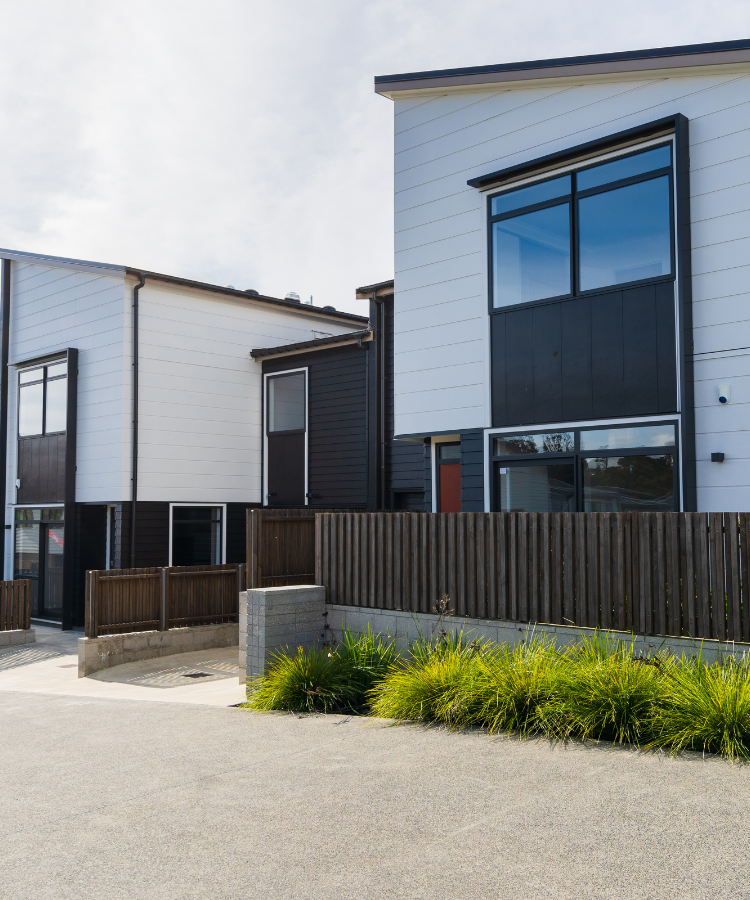Other Reasons to Sell Your Property

Other Reasons to Sell Your Property
Selling a property is a significant decision, and there are many different reasons why someone might choose to sell, beyond the typical financial needs or personal circumstances. Whether you’re looking to make a fresh start, resolve a complicated situation, or simplify your life, selling your property can open the door to new opportunities. Here are some of the lesser-discussed, yet important, reasons why people choose to sell their property, along with the benefits of making a fast sale:

Personal or Family Changes
Life is full of unexpected changes, and these shifts can often prompt the need to sell property. Family dynamics change over time, and what worked for you previously may no longer be suitable. Common family-related reasons for selling include:
- Divorce or Separation: Divorce can be emotionally and financially draining. A fast sale of the family home can alleviate stress and provide the necessary funds for each party to move on with their lives. Selling quickly can also help avoid lengthy legal battles or complications related to property division.
- Inheritance: When inheriting a property, some individuals may find they do not wish to keep the property due to maintenance costs, distance, or emotional reasons. In such cases, selling quickly can relieve the burden and allow you to access the property’s value for other priorities.
- Family Reunification: Sometimes, people choose to sell their property to move closer to family or relocate to a new city for personal reasons. Whether it’s to be closer to children, parents, or siblings, selling can provide the necessary liquidity and flexibility to relocate with ease.
- Life Transitions: Major life transitions like the loss of a loved one, becoming an empty nester, or even moving to a different stage in life, like retirement, may prompt the need to downsize or change your living situation. These transitions can make you reevaluate what you need in a home, and selling a property can help simplify the process.
Avoiding Ongoing Costs
Property ownership comes with ongoing costs, including taxes, maintenance, repairs, insurance, and utilities. Sometimes, it simply makes more sense to sell your property if these ongoing expenses become overwhelming or burdensome. Common reasons for selling to avoid costs include:

High Maintenance and Repair Costs
As properties age, maintenance and repair costs can increase significantly. If you’ve been facing mounting repair bills for an aging property and don’t have the time, money, or interest to continue maintaining it, selling might be the best option to cut ties with ongoing costs.

•Rising Property Taxes
In certain areas, property taxes can increase significantly over time, especially if the area is undergoing gentrification or improvements. If property taxes are rising faster than your income or budget can accommodate, selling may provide a way out of this financial pressure.

High Utility Bills
Large properties can come with significant utility bills. If you find yourself spending more on utilities than you’d like, downsizing or selling your property and moving to a more energy-efficient home can help lower your monthly expenses.
Market Conditions or Economic Factors
The real estate market is dynamic, and economic factors can play a major role in determining the right time to sell. Sellers may choose to sell when the market conditions are favorable, allowing them to maximize their return on investment. These factors include:
- Capitalizing on Market Appreciation: If your property has significantly appreciated in value, selling at the right time can help you realize a profit and use the funds for other investments or purposes. Many homeowners look to sell during a seller’s market, where property values are high and competition among buyers is strong.
- Avoiding a Decline in Market Value: If you’ve noticed a downturn in your local property market or anticipate a decline in property values, selling while the market is still strong can help you avoid potential losses down the line. The longer you hold onto a property in a declining market, the more you risk losing in value, so selling sooner can help you secure a good return.
- Economic Uncertainty: Sometimes, broader economic conditions, like inflation, interest rate hikes, or an impending recession, can make it difficult to predict the future of the real estate market. In uncertain times, it may be more prudent to sell your property and liquidate your assets rather than risk holding onto an illiquid investment.
Property Becoming Unfit for Purpose
Over time, a property that once met your needs may no longer serve you well. Changing lifestyle needs, evolving circumstances, and even broader societal shifts can impact the suitability of your property. Reasons for selling due to a property becoming unfit for purpose include:
- Too Much Space: As families downsize, or as individuals reach retirement, they may no longer need a large home. Empty nesters or those seeking to live more simply may choose to sell their family home and move into a smaller, more manageable property. A large house with excess space can become difficult to manage, especially if you’re no longer using the rooms.
- Inaccessible Property: Some properties become increasingly difficult to manage or access as life stages change. For example, a multi-story home may become a challenge for aging homeowners who need a single-level living space. Selling your property can allow you to find a new home that better suits your mobility needs.
Property No Longer Meets Lifestyle Needs: Your property may no longer match your lifestyle, especially if you’ve experienced major life changes, such as shifting work habits, moving to a new area, or needing a home office. Selling allows you to find a property better suited to your current circumstances and preferences.

Legal or Structural Issues
Legal or structural challenges can make selling a property the best option for homeowners looking to avoid future complications or financial setbacks. Some common reasons for selling due to legal or structural issues include:
- Disputes with Neighbors or Local Authorities: If you’ve encountered legal issues with neighbors, zoning authorities, or local government, selling the property may be a way to avoid lengthy and costly legal battles. Legal disputes over property boundaries, land use, or zoning regulations can be time-consuming and expensive to resolve.
- Title Issues or Liens: If there are outstanding liens, title discrepancies, or property ownership issues, it may become increasingly difficult to sell your property through traditional channels. In such cases, selling quickly to a cash buyer can help you avoid costly legal fees and complications that may arise during the sale process.
- Severe Structural Damage: If your property is facing serious structural issues, such as foundation problems, leaks, or damage from a natural disaster, repairing the property can be costly and time-consuming. Selling as-is to a buyer who can handle the repairs may be a more practical solution, especially if you lack the resources to fix the property yourself.
Changing Financial Priorities
Life circumstances change, and financial priorities can shift. Whether it’s to access cash for other investments, business ventures, or simply to reduce financial stress, selling property can provide a way to unlock liquidity when you need it most. Here are some reasons why changing financial priorities might prompt a sale:
- Investment Opportunities: You may want to free up capital to take advantage of other investment opportunities, such as buying new properties, starting a business, or investing in the stock market. Selling your property can give you the cash needed to pursue these new opportunities.
- Debt Relief: If you’re carrying significant debt, selling your property can provide a means of paying off creditors and reducing financial strain. Whether it’s credit card debt, personal loans, or business debts, selling your property can give you the liquidity needed to regain control of your financial situation.
- Simplifying Finances: For some individuals, selling a property can be part of a broader strategy to simplify their financial situation. This might include consolidating assets, reducing debt, or reducing the overall complexity of managing multiple properties or investments.

Environmental or Lifestyle Changes

In some cases, lifestyle changes or a desire to live in a different environment can prompt people to sell their property. This could involve:
- Desire for a Change in Environment: People often sell properties because they want to experience life in a different area—whether it’s moving to the countryside, relocating to a coastal area, or moving to a different country altogether. If the environment no longer suits your needs, selling your property and relocating may provide a fresh start.
- Climate Change or Natural Disasters: If your property is in an area prone to natural disasters, flooding, or extreme weather, you may choose to sell to protect yourself from the ongoing risk and expense of repairs. Climate change has also made some areas less desirable to live in, especially in flood-prone or fire-prone regions.


